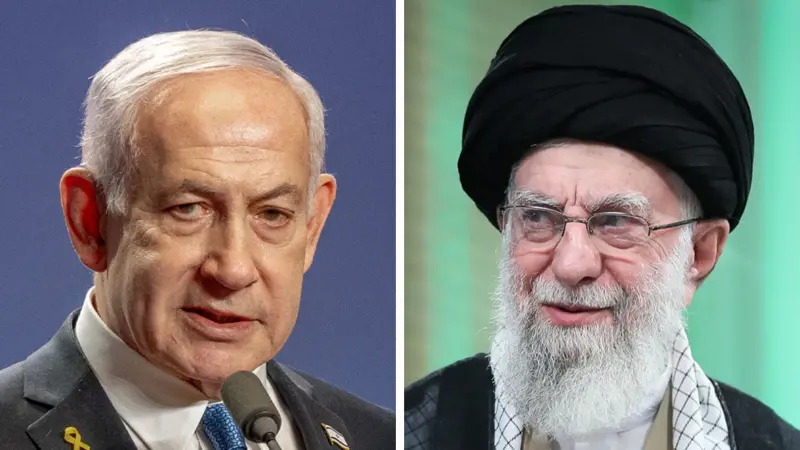Africa Can’t Afford Silence in the Israel-Iran Conflict

Even though the tension between Israel and Iran is brewing thousands of miles away, the ripples are undeniably hitting African shores. These two powerful nations have been locked in a “shadow war” for decades, and now, as things heat up, Africa must reckon with what this conflict means for our politics, our economies, and our collective security.
For too long, Africa has been treated as a sideline spectator in global conflicts—almost like a playing field where bigger powers compete for influence, extract resources, and hustle for votes at the UN. But Africans are not truly neutral in this equation.
Many countries on the continent maintain diplomatic ties with both Israel and Iran, though not always equally. Some states lean toward Israel due to historic security partnerships, while others—like Algeria—have expressed greater sympathy for Iran’s position.
So, is our reluctance to take sides a sign of strategic maturity or just an evasion of responsibility?
The Israel-Iran conflict isn’t only about territory or ideology. It’s a struggle over dominance—narrative, identity, and influence—waged through militias, missile strikes, cyberattacks, and proxy alliances.
And eerily, it mirrors the chaos of many African wars, from Libya to the Sahel, where external meddling and internal divisions have kept peace perpetually out of reach.
Do we, as Africans, see our own reflections in this conflict? Can we identify the same patterns—unhealed historical wounds, religious tensions, militarism, and foreign interference—that have held back development and destabilized regions for decades?
Each flare-up in the Middle East often triggers a rise in global military spending. And though Africa houses some of the world's poorest nations, it also plays host to some of its most militarized.
Israeli tech and Iranian weapons have found their way into African conflict zones—through both clandestine networks and official state deals wrapped in the language of "security cooperation."
But are these partnerships really building African capability, or are our governments just becoming dumping grounds for weapons they don’t need—while food systems, public health, and education fall further behind?
Diplomatically, African countries face a tightrope. Condemn Israel, and you risk losing aid or arms deals. Criticize Iran, and you may alienate key Muslim communities or regional allies. In many cases, silence becomes the path of least resistance: no vote cast, no clear statement made.
But is silence the same as neutrality? Or is it simply a failure to articulate a moral or strategic position?
Africa cannot afford to remain a passive observer. This moment demands a redefinition of our foreign policy—from reactive to proactive, from hedging bets to asserting principles.
It’s time for African leaders to stop being cautious about what they might lose and start being clear about what they stand for.
Because in the end, every missile launched in the Middle East sends a deeper echo across the Global South—not for the sound it makes, but for the silence it leaves behind.



0 Comments